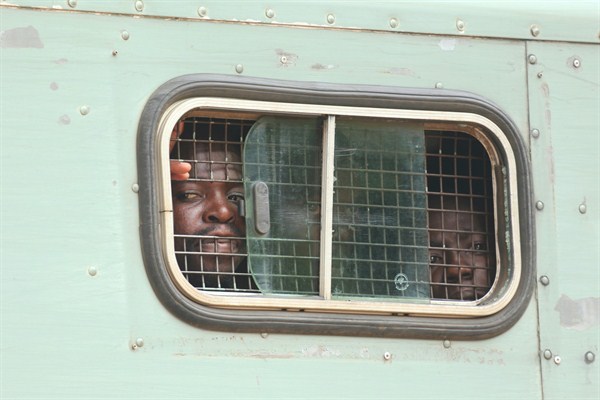The military coup that ended the ruinous 37-year rule of Robert Mugabe was greeted with genuine enthusiasm both in Zimbabwe and abroad. Any skepticism of Emmerson Mnangagwa was drowned out by the new president’s calming rhetoric about unity and reconciliation and his commitment to a “new beginning.” It seemed churlish, amid such optimism, to deny the long-suffering people of Zimbabwe their moment of hope.
Yet that spirit has been dashed recently as Mnangagwa’s reforms have been exposed as cosmetic, at best. Instead of a new Zimbabwe, it is the same old state within the narrow parameters imposed by the ruling party, ZANU-PF, with no prospect of any change that might encroach upon its power.
Even before this month, the hope for fundamental political and economic change had largely waned with last July’s disputed election and the killing of unarmed demonstrators protesting its outcome. While noise about reform diverted global attention, the daily harassment of grassroots civil society activists like the Zimbabwe Crisis Coalition and trade unionists has continued under the radar. Despite the repeated claim that Zimbabwe was “open for business,” Mnangagwa has presided over further economic decline: 90 percent unemployment, galloping inflation at 35 percent, a failing local currency coupled with a chronic shortage of foreign currency, scarcities of virtually all basic goods, and an inability to convince potential donors and investors that the country is on a new path.

